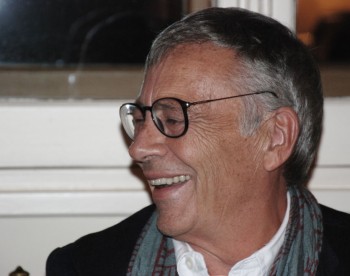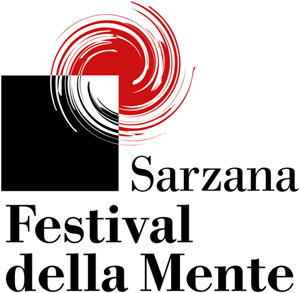2011 Programme
Evento n.11
Almudena Grandes, Ranieri Polese
History from the viewpoint of women
Almudena Grandes, the Spanish fiction writer, has been dealing for years with the history of her country. This is her way of carrying out the task assigned to the third generation after the dictatorship: cultivating the memory of past events that the ‘soft transition’ to democracy has too often silenced. The form of expression of her choice is the novel. In her books, real characters and events intertwine with fictional ones, and events are told from the viewpoint of a woman who fearlessly reopens old wounds and remembers forgotten horrors—a woman narrator who is aware of the impact of historical events on private lives. Perhaps, history is the work of women, and Grandes proves that in her latest book—the first part of a trilogy that merges fiction and historical facts.
is considered on of the most authoritative voices in contemporary Spanish fiction. Born in Madrid in 1960, her first novel Le età di Lulù (Guanda, 2001) was a literary event and became an international best-seller that inspired a movie. Later on, La sonrisa vertical (1989) won an important award and made her famous throughout Europe. Her books, now pulished in Italian by Guanda, include: Modelli di donna (2001), Gli anni difficili (2003), Troppo amore (2004), Il ragazzo che apriva la fila (2007), Cuore di ghiaccio (2008). Her latest, Inés e l’allegria—a story set during the Spanish Civil War, whose events are told through the eyes of a woman—is due out in September.
was born in 1946 in Pisa; he carried out his studies in philosophy, and has been a member of the Cinema Critics Union since the late Seventies. He has written for the culture pages of various newspapers (La Nazione, L’Europeo). In 1995 he published Il film della mia vita (Rizzoli). He has been editor of Almanacco Guanda since 2006. He was editor-in-chief of the Culture section and a reporter for Corriere della sera, with which he still collaborates.
Evento n.6
Zygmunt Bauman
Reflections on the notions of community and network, on social networks and Facebook

Evento n.14
Gian Carlo Calza
Different, eccentric, extraordinary: aesthetics and creativity between Asia and the West

Evento n.26
Franco Borgogno
In other people’s hearts and minds. A psychoanalyst between tradition and creativity

Evento n.37
Sonia Bergamasco, Fabrizio Gifuni
A quiet sunny day. Attilio Bertolucci and Pier Paolo Pasolini, a friendship in verse























